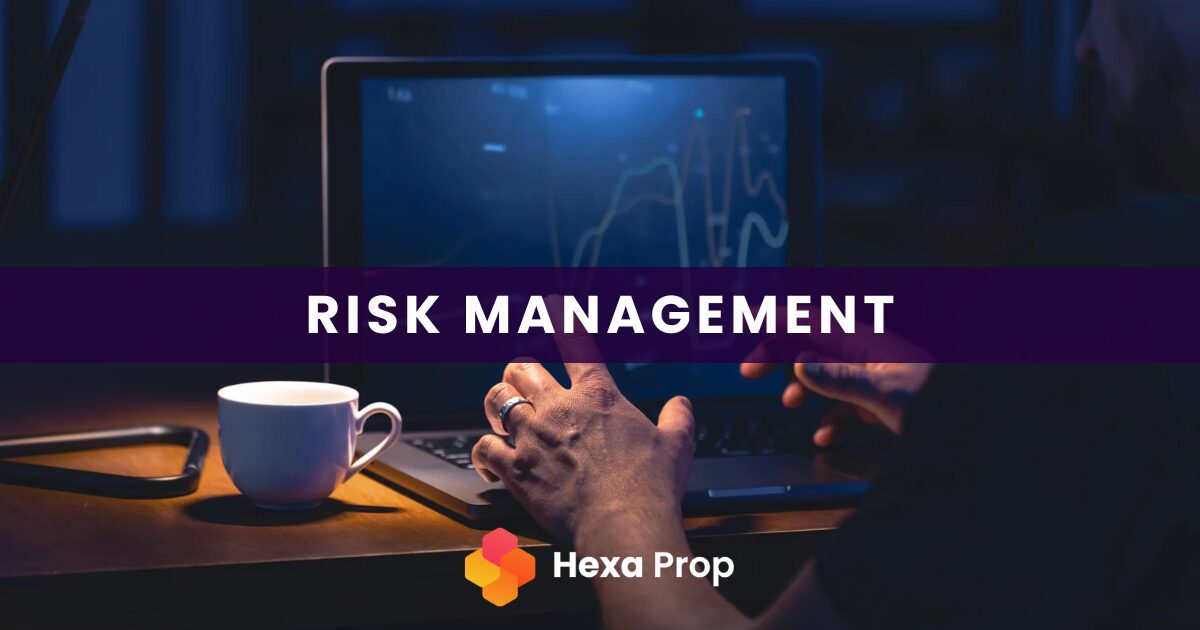Becoming a successful trader requires a combination of knowledge, discipline, and the ability to manage risk effectively. Here are key steps to help guide you toward success in trading:
Educate Yourself
- Learn the Basics: Understand how the stock or forex market works, including the factors that influence price movements. Familiarize yourself with key concepts like price action, trends, support and resistance, technical indicators, and economic data.
- Study Strategies: Explore different trading strategies, such as day trading or swing trading. Learn about the specific methods that traders use, like trend following or breakout strategies.
Develop a Trading System
- Set Clear Goals: Define your financial objectives, risk tolerance, and preferred trading style. Be realistic with your goals, whether you are aiming for short-term gains or long-term wealth accumulation.
- Stick to Your Plan: Your trading plan should include your strategy, entry and exit points, stop-loss levels, and risk management rules. Avoid impulsive trades and always follow your plan.
Risk Management
- Limit Your Losses: Implement stop-loss orders to protect your capital. Never risk more than a small percentage of your total account balance on a single trade (1-2% is often recommended).
- Position Sizing: Determine the correct position size for each trade to avoid overexposing yourself to risk. Proper position sizing ensures that no single trade can have a devastating effect on your account.
Manage Your Emotions (Psychology)
The fourth component is psychology. After learning and applying the technical knowledge, most candidate traders get stuck in terms of performance. The problem tends to peak when trading on a live account after switching from demoing, as decisions now carry real stakes. Unlike real accounts, trading with Hexa Prop’s virtual money is much easier and stress-free, as no real money is at risk. Learning and practicing can also be effective if we remain calm and balanced. Being a trader, however, is a continuous journey of development and self-discovery.
- Stay Disciplined: Emotional control is key to successful trading. Fear and greed can lead to poor decision-making, such as holding onto losing trades or taking unnecessary risks.
- Accept Losses: Losses are a natural part of trading. Learning to accept them and move forward without frustration or revenge trading is essential for long-term success.
Practice
The fifth component is practice, which should be based on the four pillars mentioned above.. The theoretical knowledge acquired must also be put into practice, which you can do here, just choose the challenge that suits you best.
Keep Learning and Adapting
- Analyze Your Trades: Regularly review your past trades to understand what worked and what didn’t. This helps refine your strategies and avoid repeating mistakes.
- Stay Informed: Markets are constantly changing. If you also analyze fundamentals, stay up-to-date with financial news, market trends, and economic reports so you can adjust your strategies accordingly.
Start Small
- Avoid Big Bets Early On: Start with small positions and gradually increase the size of your trades as you gain experience and confidence.
- Compound Your Gains: Focus on steady growth rather than trying to make huge profits quickly. Small, consistent gains will add up over time.
Have Realistic Expectations
- Avoid the “get-rich-quick” and gambler’s mentality: Successful trading requires time, effort, and patience. Don’t expect large profits overnight. Stay focused on long-term success rather than concentrating on short-term gains.
Learn from Mentors or Join a Community
- Find Support: Surround yourself with other experienced traders who can offer advice, share strategies, and provide feedback. This can help accelerate your learning and prevent costly mistakes.
By combining education, risk management, emotional discipline, and a clear strategy, you can steadily grow as a successful stock market or forex trader. It’s a journey that requires patience, continuous learning, and persistence.






